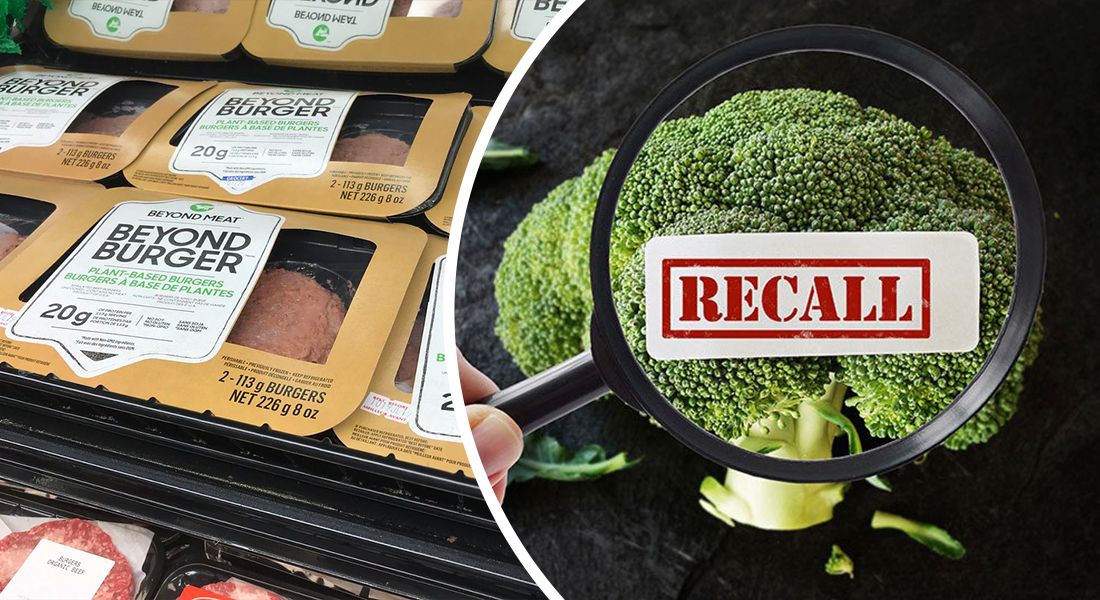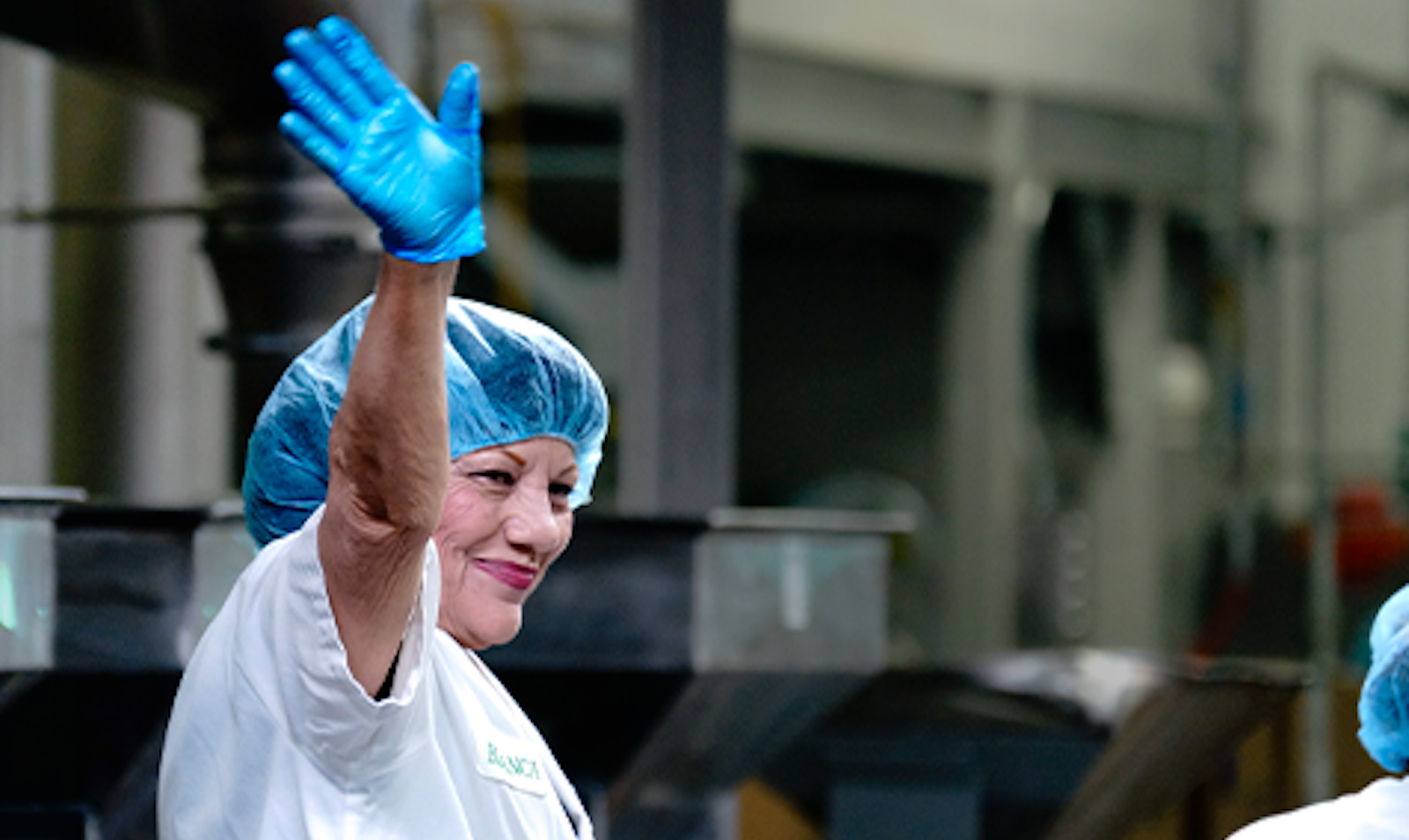In this video, Xtalks spoke with Intertek Alchemy’s Laura Dunn Nelson, Vice President of Food Safety and Global Alliances. Laura spoke about her role at Intertek Alchemy and shared the most rewarding aspects of her work. Xtalks also asked Laura to discuss the challenges that companies are having today with their food safety culture.
Laura has more than 30 years of experience implementing food safety and quality control programs for packaging, processing, retail operations and food service. Laura has worked with global manufacturers and retailers in the implementation of their workplace and food safety programs.
Intertek Alchemy is a global leader of consulting and training solutions for the manufacturing, distribution and food processing industries.
Laura Dunn Nelson will be featured in a free, upcoming webinar to discuss the Global Food Safety Initiative’s (GFSI) five dimensions of food safety culture. During the webinar, Laura will also give practical steps to advance the maturity levels of each GFSI dimension of food safety culture.
The webinar is in response to the GFSI certification program owners (the British Retail Consortium [BRC], Safe Quality Food [SQF] and others) now including food safety culture as a component of their audits.
See below for some highlights of the discussion with Intertek Alchemy’s Laura Dunn Nelson.
Xtalks (6:00 minute mark on video): What is a food safety culture?
Laura Dunn Nelson: I’m going to lean on some of the work I did with the Global Food Safety Initiative (GFSI) Food Safety Culture Technical Working Group. Back in 2018, we created a position paper and I was a part of a Global Food Safety Professional Team. We worked hard at helping to define and identify the components of food safety culture for the industry. We defined it as shared values, beliefs and norms and those affect the mindset and behaviours of employees within and throughout the organization. When you look at food safety culture, it’s what happens in groups not just in people.
As an industry, we have a lot of great regulations to help us understand what we must focus on. Companies have taken those regulations and created protocols, standard operating procedures [SOPs] and work instructions to integrate those to ensure their organization is producing safe food. So where is the potential disconnect? It’s in the employee behaviours because we must rely on the employees to execute those things. It goes back to my auditing days because there are components of giving those people the right tools, reinforcing that and having management focus on the importance of that.
Also, every company already has a food safety culture — it’s to what extent is the maturity of that culture. By understanding this first, you can start to improve it.
Xtalks (9:10 minute mark on video): What are some of the biggest challenges that companies are having today with their food safety culture?
Laura Dunn Nelson: We just completed our Seventh Annual Global Food Safety Training Survey, and we asked this very question. We did this in partnership with Campden [Campden BRI]. This year we had over 3,000 global food safety professionals respond, representing over 3,000 organizations. The top obstacles that were cited include:
- Negative employee attitudes.
- High staff turnover.
- Lack of effective communication.
Want to gain practical steps to advance your company’s maturity levels in the five dimensions of food safety culture? Register for this free upcoming webinar to learn more from the food industry’s leading consulting and training experts, Intertek Alchemy.
This content was created in collaboration with the company and the Xtalks editorial team.








Join or login to leave a comment
JOIN LOGIN